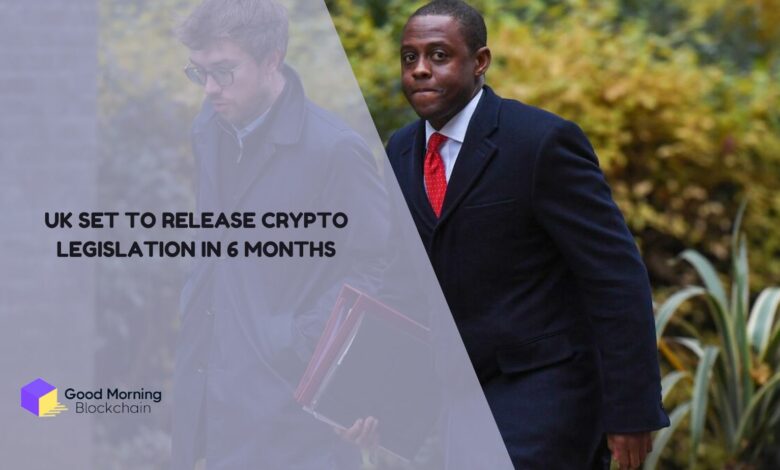
The UK government has announced its plans to regulate cryptoassets and protect consumers and businesses in the fast-growing web3 economy.
The government will consult on a broad suite of cryptoasset activities, including trading, lending, and staking, and aims to introduce new legislation within 6 months.
According to the government’s press release via Bloomberg, the consultation proposals will include:
- Strengthening rules for crypto trading platforms and financial intermediaries, which have responsibility for facilitating transactions and safely storing customer assets.
- Setting out a proposed crypto market abuse regime, to improve market integrity and consumer protection.
- Introducing a world-first regime for crypto lending, which allows users to borrow or lend cryptoassets and earn interest.
- Exploring the regulation of crypto staking, which allows users to lock up their cryptoassets and participate in the governance and security of blockchain networks.
The government also stated that it will seek to align its approach with international standards and best practices and work closely with the Financial Conduct Authority (FCA), the Bank of England, and other relevant stakeholders.
This announcement, made by Economic Secretary to the Treasury Bim Afolami, has sent ripples through the global web3 landscape, sparking both anticipation and questions.
While the specific details remain under wraps, let’s delve into what we know and explore the potential implications.
Afolami’s statement highlighted the government’s focus on bringing stablecoins and crypto staking services under the watchful eye of regulators.
This targeted approach reflects the UK’s cautious yet progressive stance towards crypto following the collapse of TerraUSD, a major algorithmic stablecoin, in 2022.
Following that, the Financial Conduct Authority (FCA) launched a “cryptoasset sandbox” in 2021, allowing innovators to experiment in a controlled environment. Now, it seems the UK is ready to graduate from the sandbox and establish a more comprehensive framework.
While the initial focus may be on stablecoins and staking, the question remains: will this be the extent of the regulations? Industry experts believe the government’s ambition extends further.
The Financial Services and Markets Act (FSMA) 2023 already empowers the FCA to regulate some crypto activities, but a bespoke framework could provide greater clarity and consistency
Will it address issues like token classification and ICOs? Only time will tell.
With the clock ticking, the next six months will be crucial. The UK’s crypto regulations have the potential to shape the industry’s landscape, not just domestically but globally.
Will they strike a balance between fostering innovation and mitigating risks?
The answer will have far-reaching consequences for investors, developers, and the future of web3 itself.






